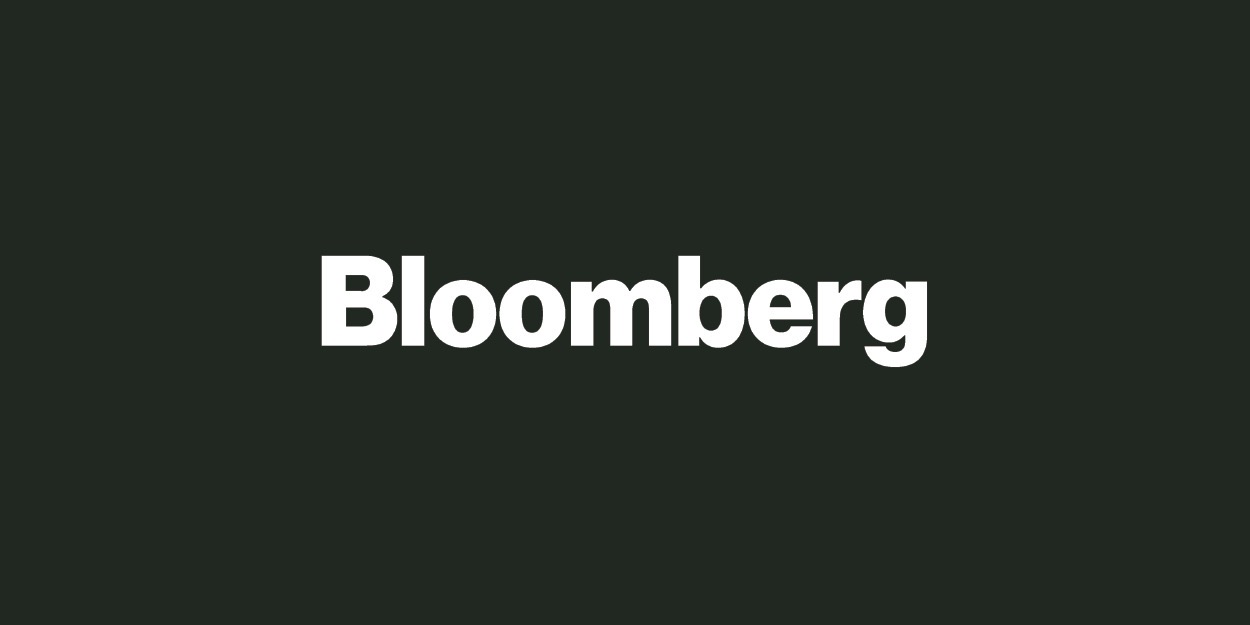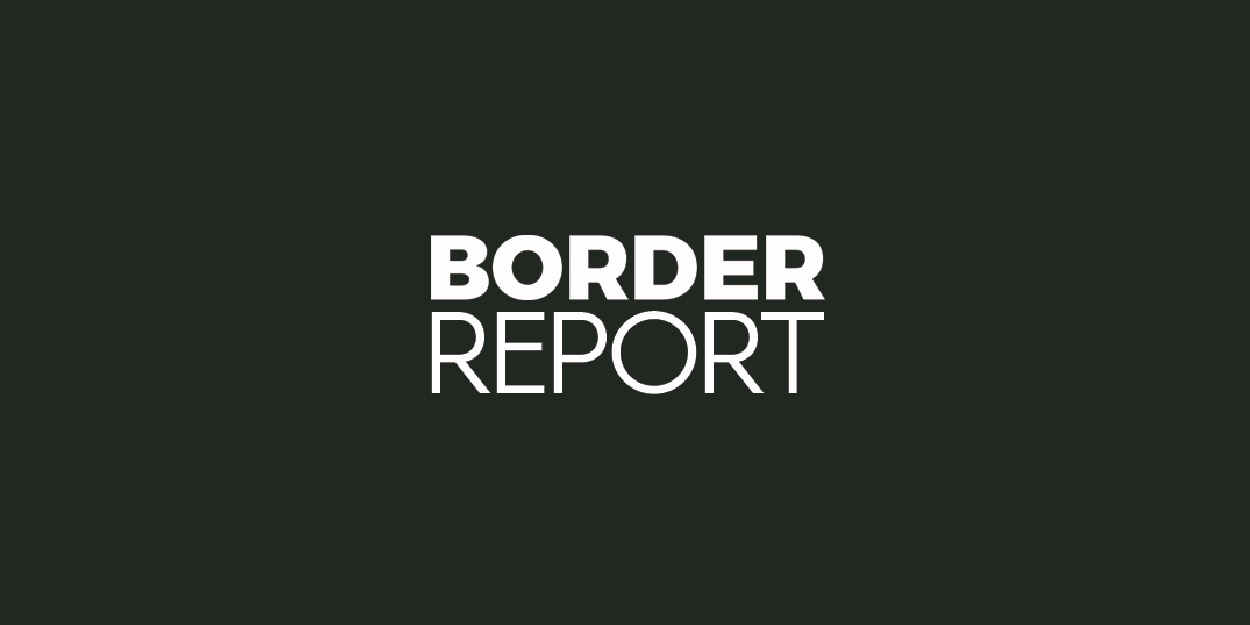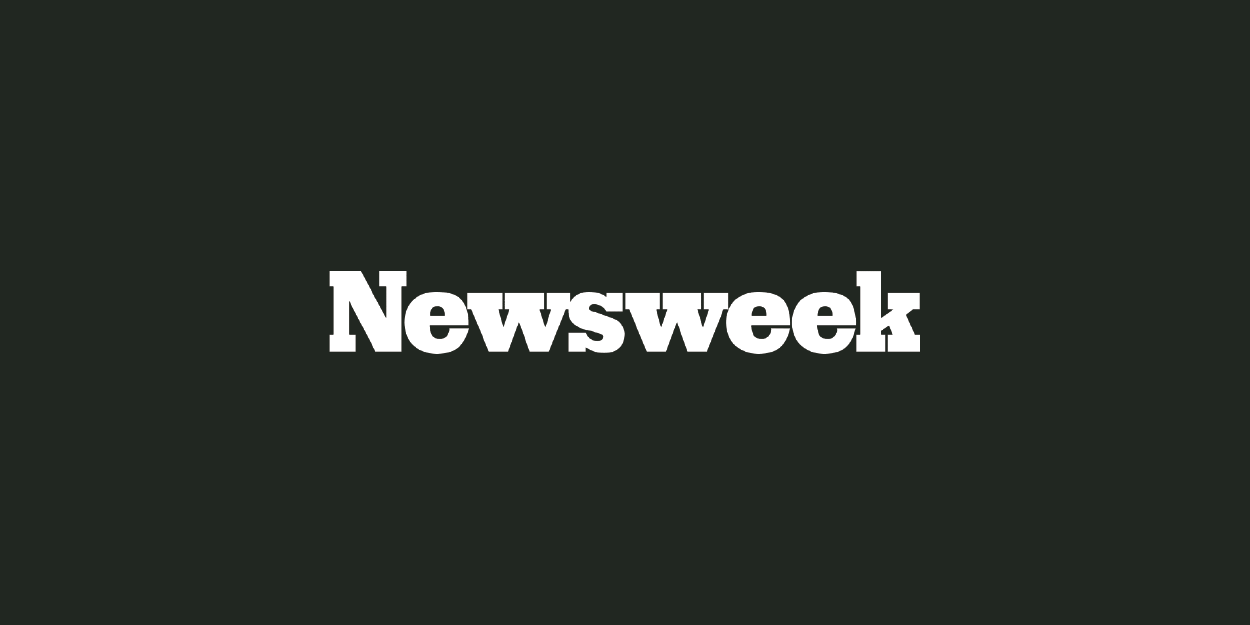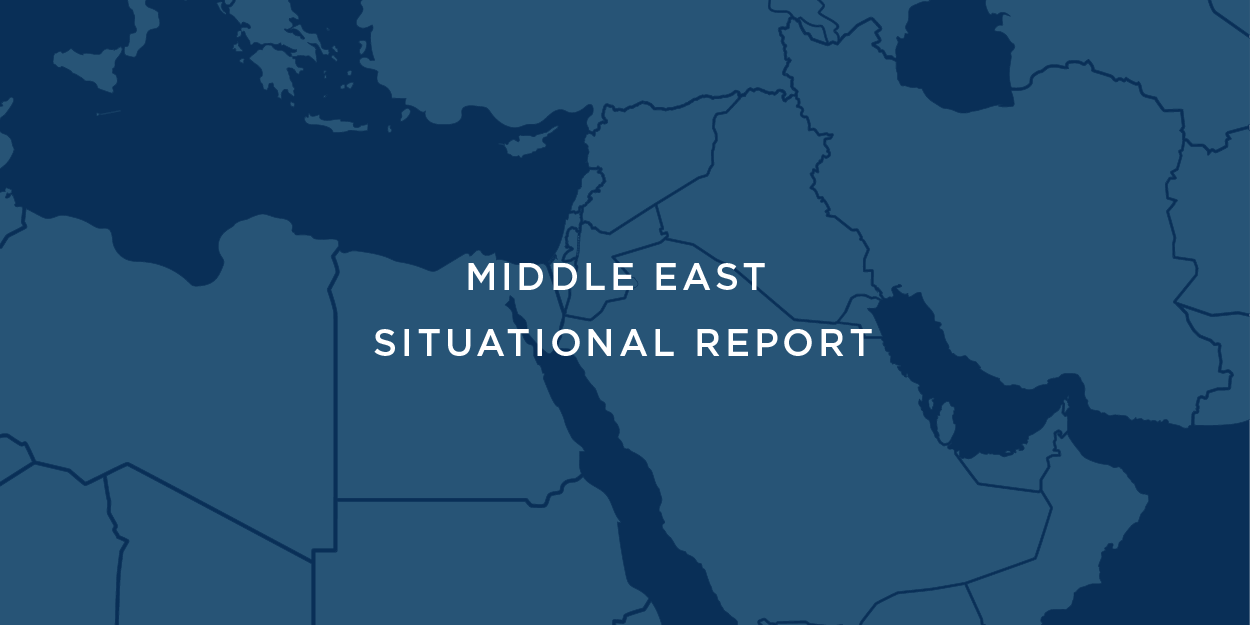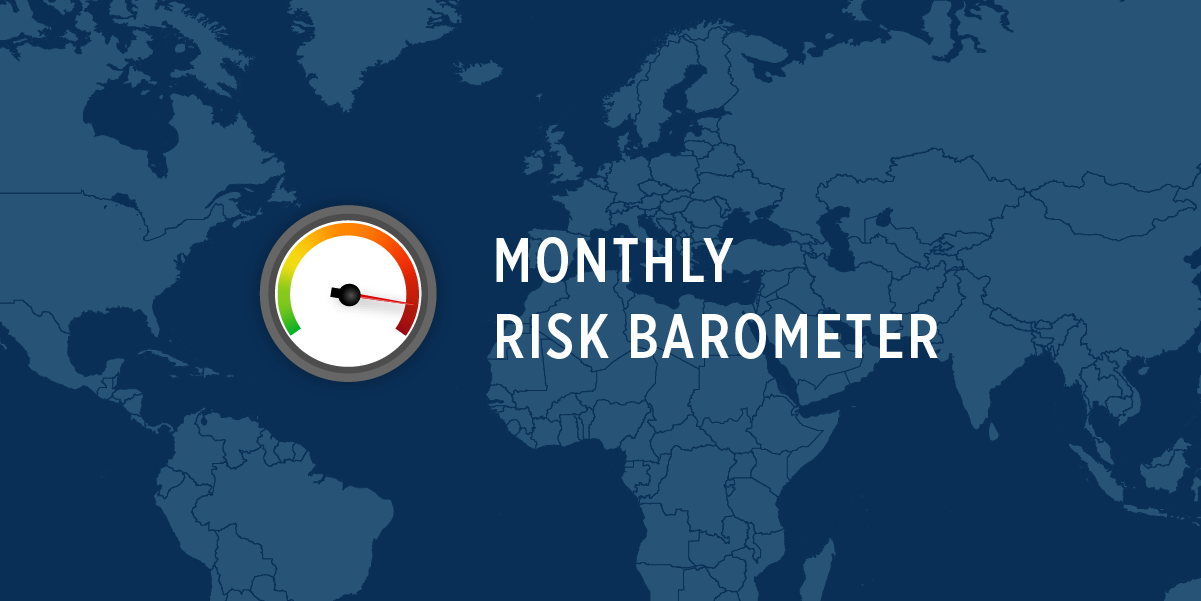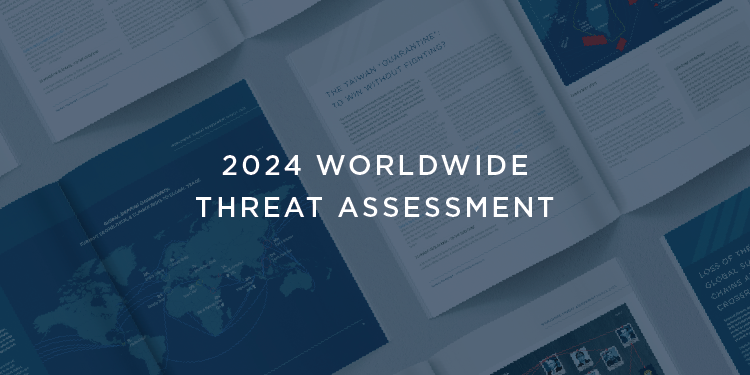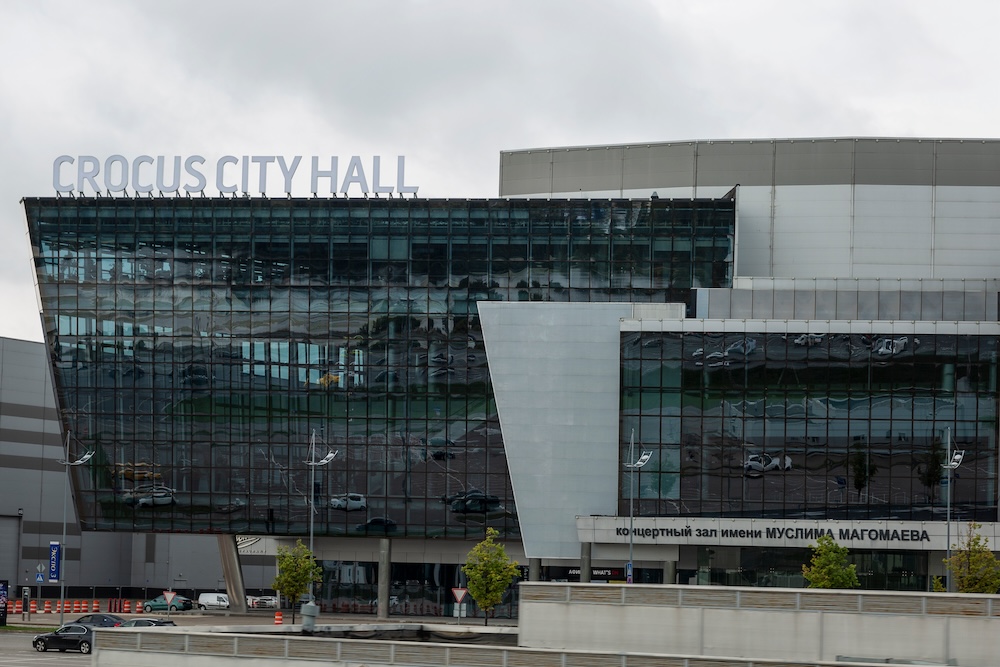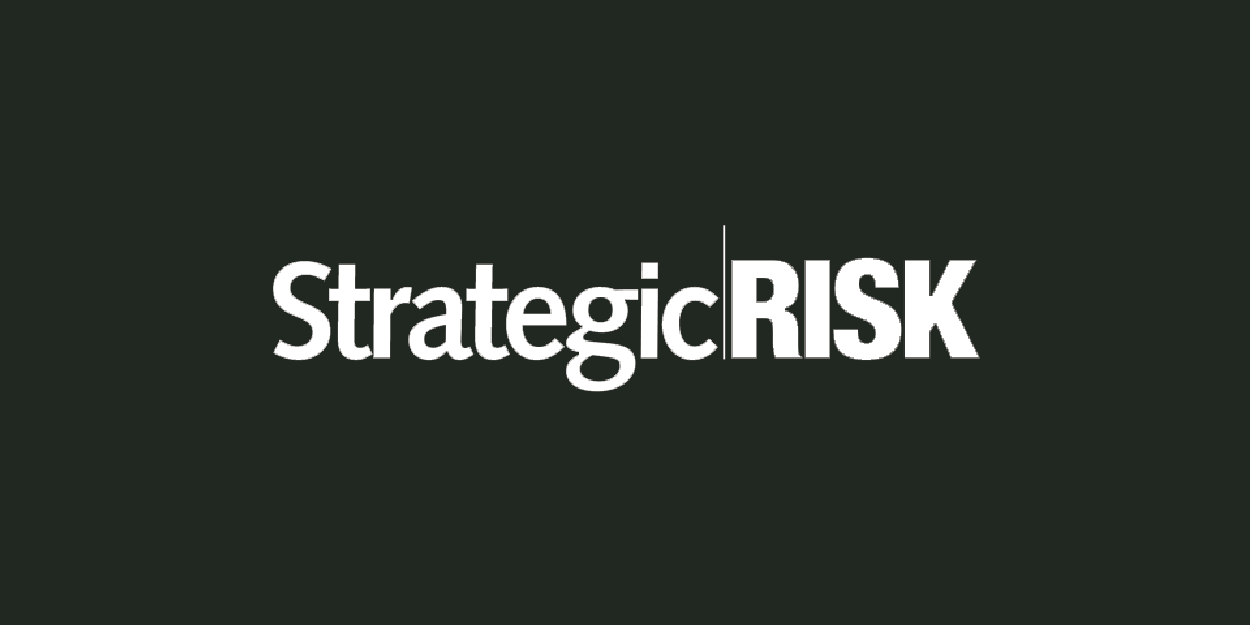In Global Guardian's monthly Risk Barometer, our Intelligence Team highlights current global hotspots with the potential to impact your business operations and travel. Read below for analysis on the threats we are closely monitoring this month and click here to subscribe for regular intelligence updates.
Deadly IS-K Attack in Moscow Raises Europe Terror
On March 22, four terrorists assaulted the Crocus City Hall theater outside of Moscow, killing over 140 spectators and injuring over 500. The Islamic State — Khorasan Province (IS-K) claimed responsibility for the attack the following day on Telegram. The Crocus City Hall attack marks the most severe terrorist attack in Russia in two decades, and the deadliest ever in Europe claimed by the Islamic State. The attack highlights the elevated terror risk across Europe and the increased capacity for IS-K to launch attacks outside of Central Asia.
At around 20:00 (local time), assailants began to open fire on the sold-out concertgoers and set the building on fire, leading to the roof collapsing hours later. Following the attack, Russian law enforcement detained four individuals suspected of carrying out the assault, who Russian media have identified as Tajikistan nationals. Additionally, several others were apprehended on suspicion of providing various forms of support to the attackers. On the heels of this event, IS-affiliated media channels have since threatened sporting venues in Europe ahead of Euro 24 (14 June to 14 July) and the Paris Olympics (26 July to 11 August).
- There is an elevated terror risk across Europe. Avoid large gatherings when possible.
- In light of Israel’s 01 April targeted assassination of Islamic Revolutionary Guard Corps Quds Force Brigadier-General Mohammed Reza Zahedi, along with two other Quds Force generals, there is an increased potential for attacks against Jewish/Israeli targets in Europe.
- Global Guardian recommends ground support for European travel before the 2024 Paris Olympics.
Recent Events
- 08 April: IS-affiliated media channels, including the Al Azaim channel, released propaganda images calling for terror attacks on European football stadiums.
- 30 March: IS-affiliated media channels issue threats against the Allianz Arena in Munich, Germany.
- 28 March: IS spokesperson Abu Hudhaifa al-Ansari calls for lone wolf attacks targeting Christians and Jews globally during Ramadan.
- 07 March: Russian FSB (Federal Security Service) thwarts IS-K plot to attack a synagogue in Moscow.
- 07 March: U.S. Embassy in Moscow issues a security alert warning that “… extremists have imminent plans to target large gatherings in Moscow, to include concerts.''
Analysis
While the core IS group in Iraq and Syria is degraded, the Afghanistan-based IS-K franchise now leads the Islamic State’s external operations. Through the Moscow attack, IS-K has demonstrated that it now poses the most significant global threat of Salafist Jihadist terror groups. In the past year alone, IS-K planned 21 external plots in nine countries, a two-fold increase from the prior year. It appears that Tajik nationals have become critical nodes in IS-K’s terrorist nexus. Six of the twenty-one reported plots involved citizens of Tajikistan, which borders Afghanistan.
Russia is in no position to confront the IS-K threat in its near abroad seriously. The Kremlin has adopted a whole-of-society approach to waging its war on Ukraine and cannot allocate the necessary security resources to degrade IS-K. With many of Russia’s low-skill labor force occupied by the war, Russia is dependent on cheap labor from its large Central Asian resident and migrant population. While we expect the FSB to take action against the Jihadist group within Russia and potentially even in Tajikistan, it is doubtful that IS-K will retain the capacity to execute attacks abroad.
Looking Forward
- It is possible that we will see greater cooperation between Russia and the Taliban in Afghanistan. The Taliban have been moving Afghanistan closer to China, and all three countries share a common interest in reducing the threat from IS-K. Russia will likely increase scrutiny over visas for Central Asian migrants in Russia.
- Moscow has leveraged the deadly Crocus City Hall attacks to spur more voluntary military recruitment amid its push to reach 400,000 contract personnel this year, ostensibly recruiting 16,000 following the attack. We assess that Russia will use these fresh troops to make a push to materially alter the map of Ukraine ahead of the November elections in the United States.
- We expect IS to ramp up propaganda before the 2024 Paris Olympics. While a complex IS-directed attack on France may be unlikely, low-tech (knife or vehicular) lone-wolf attacks are notoriously difficult to thwart.
Key Takeaways With the war in the Middle East and in the aftermath of the Moscow attack, the terror threat in Europe is now at its highest since 2017. Extra precautions should be taken when attending Europe's upcoming major sporting events. |
U.S. Troops to Leave Niger as Growing Sahel Instability Threatens Coastal West Africa
On 16 March, Nigerien president Amadou Abdramane announced the end of U.S.-Nigerien military cooperation in the Sahel. This marks the latest withdrawal in a series of U.S., UN, and French force removals that demonstrate a regional shift away from Western security partnerships. Violence in Niger — and its junta-ruled neighbors Burkina Faso and Mali — has increased substantially following the loss of foreign military assistance. As critical components of the region’s security architecture are removed and Islamist violence rises globally, the violence of the Sahel threatens to spill over into traditionally stable Coastal West Africa.
Between 2020 and 2022, a series of military coups installed new regimes in Burkina Faso, Mali, and Niger. Friction between the juntas and their Western partners — particularly France — led to the expulsion of roughly 20,000 foreign troops assisting local counterinsurgency and counter-terror operations. The region’s security situation has since deteriorated substantially. The recently ordered departure of some 2,000 U.S. personnel from a drone base near Agadez, Niger will likely quicken that deterioration.
- Global Guardian recommends against any unnecessary travel to the Sahel region.
- We strongly recommend the use of armed security, a private driver, and local agent for any necessary travel within the Sahel or border areas of Coastal West Africa.
- Firms with assets and/or personnel in West Africa are advised to use geopolitical monitoring for advanced threat warnings.
Context
The conflict in the Sahel began in 2011 when Libya’s collapse led to a large influx of Islamic extremists to northern Niger, Chad, and Mali. The Islamists brought with them arms, combat experience, and Jihadist connections. Around the same time, Boko Haram resurfaced in Nigeria in 2011 and quickly won a foothold in the Lake Chad Basin in the Nigeria, Chad, and Niger border region. By 2013, groups such as Al-Qaeda in the Islamic Maghreb (AQIM) and the Movement for Unity and Jihad in West Africa (MUJAO) had established themselves in the Liptako-Gourma region in the Burkinabe-Malian-Nigerien border area.
Between 1960 and 2022, Chad, Burkina Faso, Mali, Mauritania, and Niger witnessed 25 successful coups. The region’s failure to create a peaceful mechanism of power transfer and its complicated reliance on Western security assistance has resulted in a vicious cycle of coups and regime instability. Regimes need to protect against the insurgencies to keep their legitimacy, but cooperation with France and the West is politically delegitimizing. However, the Sahelian governments need outside assistance to provide security — both against the insurgents and for their own regimes. Any regime that relies on Western assistance is susceptible to a coup, yet so is any regime that does not cooperate with the West and, in doing so, fails to achieve security. This is why Burkina Faso, Mali, and — most recently — Niger have begun to look to Moscow to escape the bind. Both French and American officials cited Mali and Niger’s closeness to Russia as a principal source of the tension that ended their cooperation agreements.
On 28 January 2024, the three Sahelian juntas — Burkina Faso, Mali, and Niger — announced the formation of a Sahelian confederation to augment their coordination in their shared fight. A few days later, the three states withdrew from the ECOWAS regional bloc. Around the same time, Wagner Group telegram channels renewed efforts to recruit fighters for African operations. It is clear from junta signaling that the previous Western-reliant security arrangement is no longer tenable. Still, the new arrangement with Moscow is unlikely to match the effectiveness of Franco-American missions.
Implications
The rising power and sophistication of global Jihadist organizations and the militant anti-western sentiment sweeping West Africa are driving the Sahel towards increasingly violent instability. With the West politically unable to maintain local partnerships and Russia militarily incapable of defeating the insurgents, no clear geopolitical forces are acting to restrain this process. Just as state collapse in North Africa destabilized the Sahel, the collapse of security in the Sahel poses a serious medium-term threat to Coastal West Africa.
Key Takeaways The Sahel is not likely to become more stable and should be avoided if possible. The region to the south and west of the Sahel is likely to destabilize and organizations should put contingency plans and increased security measures in place. |



